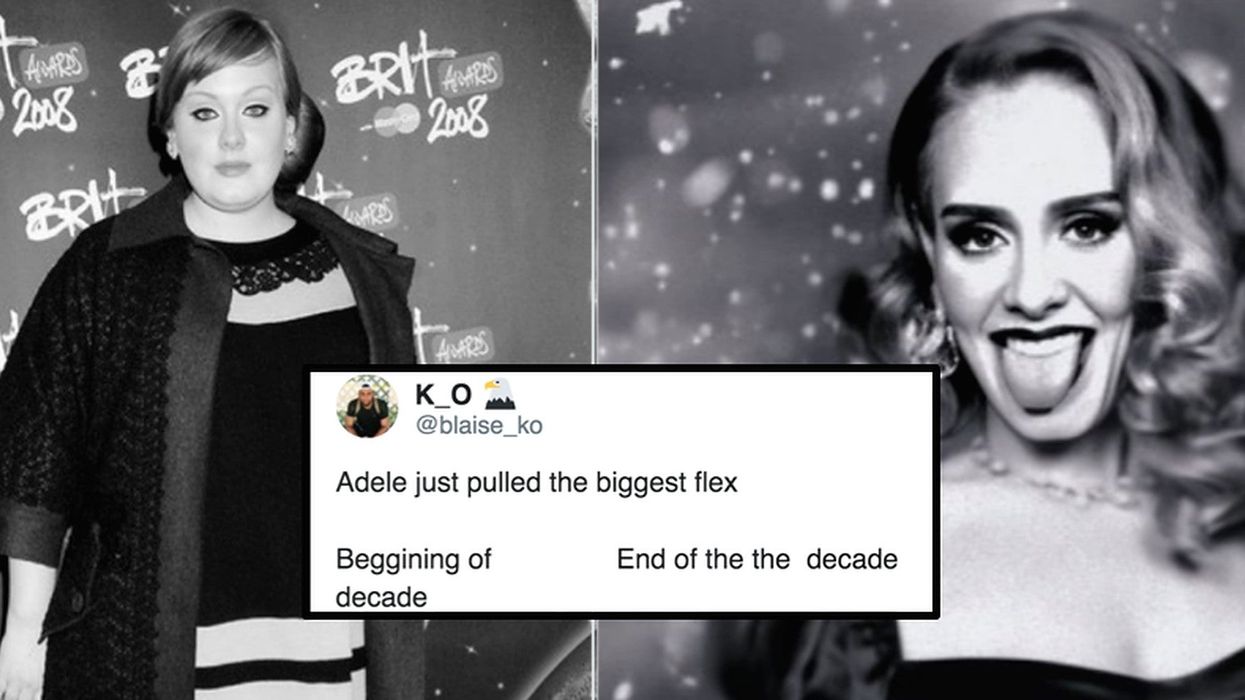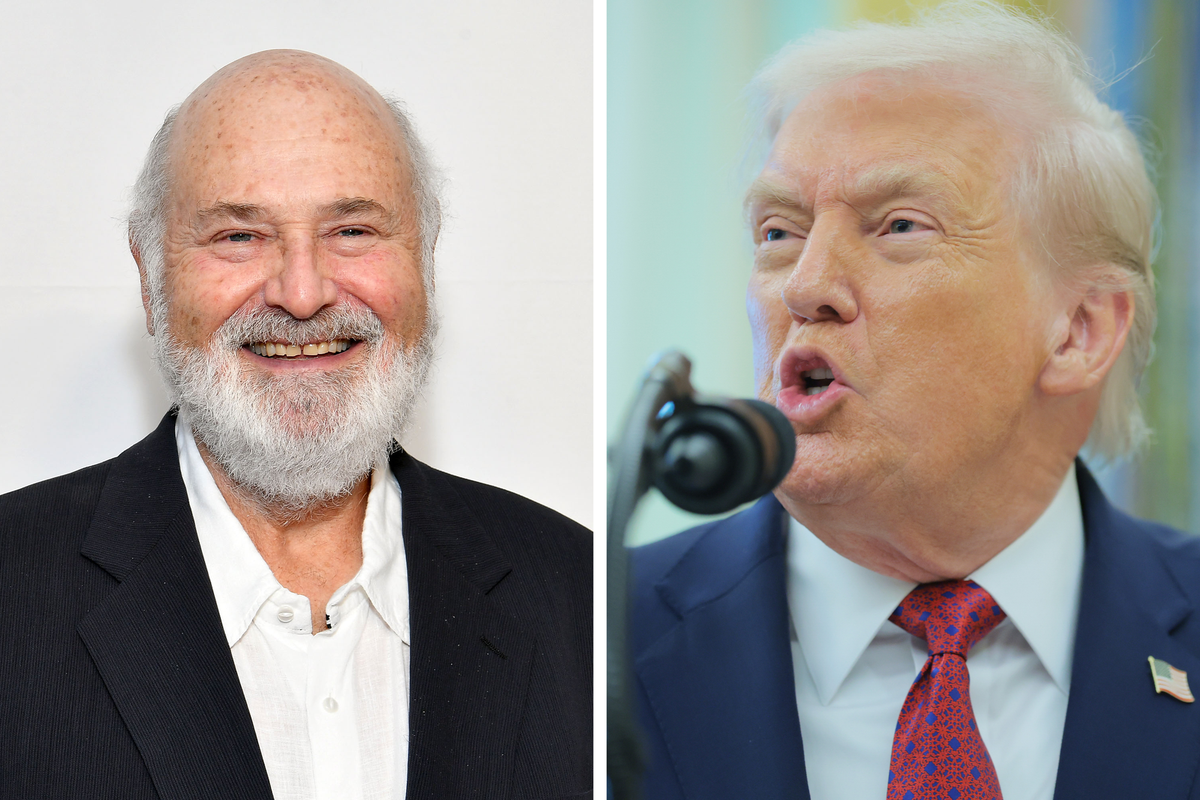British music superstar Adele looks set to release another body of music in 2019.
But with a new album on the horizon for 2020, Adele will probably be keen to leave the discourse about her body in 2019.
If you’re wondering what we’re talking about, there’s been lots of discussion about Adele’s weight this year.
In October, photos emerged of Adele at Drake’s birthday party looking slimmer than we’ve seen her appear in the past. Having recently separated from her husband, people were quick to praise the singer’s “revenge body”.
But others weren’t keen on a celebration of Adele’s weight loss. After all, we don't know her personally and weight loss isn’t always a cause for celebration or praise. Weight loss can be a positive thing, but it isn't always a "glow up" – it can be a sign of unhappiness.
As Adwoa Darko wrote in The Independent in October 2019:
The underlying premise behind the reaction to Adele’s photos was a) the assumption that her 'old' body was 'wrong' and b) that she made a deliberate and 'healthy' choice.
Adele could be happy, healthy and intentionally trying to lose weight. But why do we continue to comment on people’s bodies without knowing context? How can we be sure that a 'compliment' is not fuelling or validating a potential crisis?
Now the discussion over Adele’s body has been reignited after the singer posted a Christmassy snap on Instagram.
Again, following the snap, people have been praising the singer – despite the fact that she’s never commented on the issue herself.
But lots of other people think that praising someone’s weight loss without having any knowledge of the circumstances is an example of “fatphobia”.
Fatphobia is a fear and dislike of obese people and/or obesity. On a wider level, it can manifest in different ways, all of which elevate the status of thin bodies within society at the expense of those who don't conform to or aspire to thinness.
Here’s why people think praising Adele is fatphobic.
More: There's an incredible Sam Smith and Adele conspiracy theory














